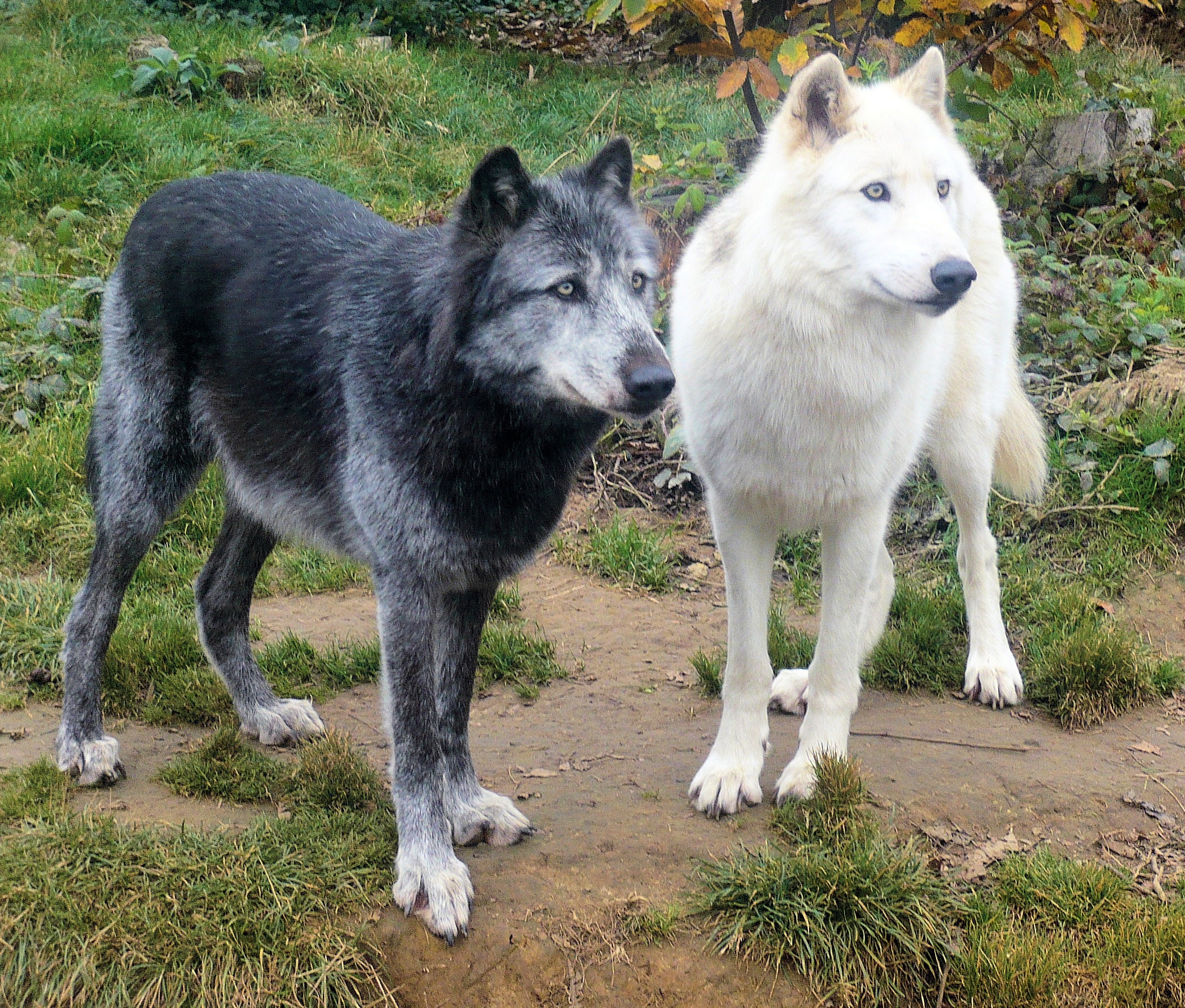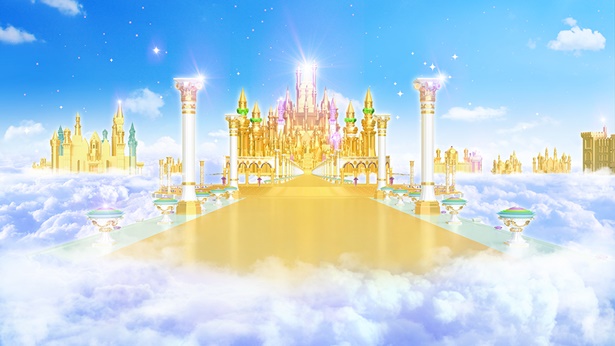
When I first read the Coyote story, I thought there was no middle ground in this story. The twins were divided into older and younger brother, the color in to white and black, and even the paper into those who stole and those who didn’t. The good and evil coexist for human beings, yet this story clearly draws the line between the good and the evil. White and black coyotes exist, but why aren’t there any gray coyotes? If there is one who stole the paper, there must be one who tries to restrain the thief and if there is one who refuses to steal, there must be one who temps the innocent, which none of whom exist within this story. This story is not about coexistence but how did someone entered our territory. After all, the coyotes are twins were birthed from same mother’s womb according to the beginning of the story. When a coyote (the ancestors of Whites) committed a crime and was exiled, why weren’t there any movement to reform this criminal? They only differentiated us from them over time.
I’ve begun to think about what ‘paper’ symbolizes as I read the story. The younger twin brother ran way with the document and also stirred up troubles with it when he returned. The book didn’t mention the content of the paper but I hypothesize it to be about property. Property held different definition to indigenous people and Caucasians. Property to indigenous people ‘belonged to the peoples who told them’ as written in Dr. Paterson’s blog. Furthermore, when they named the property, they wished to express the ‘link of ownership between people and the places’. However, property was just an entity that represent ownership using paper and text to Whites. This difference eventually led to the creation of paper filled with mysterious letters and symbols and granted power to remove the natives from their connected land.
Nonetheless, since they were brothers who shared the womb together as I’ve mentioned in the beginning, I wonder what kind of conclusion the story would’ve had if they shared the ownership of the land and lived together instead of claiming their own.
Sadly, the inconvenient coexistence of indigenous people and Caucasians continue to this day and natives are legally protesting to the government by Whites’ method of writing on a paper. Eventually, tribes who lost their language, culture, or even their identity emerged through the process.
Works Cited
Robinson, Harry. Living by Stories: a Journey of Landscape and Memory. Compiled and edited by Wendy Wickwire. Vancouver: Talon Books2005. (1-30)
NEYLAN, Susan (2018, June 9). Canada’s Dark Side: Indigenous Peoples and Canadian Heritage. Retrieved March 15, 2020, from https://origins.osu.edu/article/canada-s-dark-side-indigenous-peoples-and-canada-s-150th-celebration



